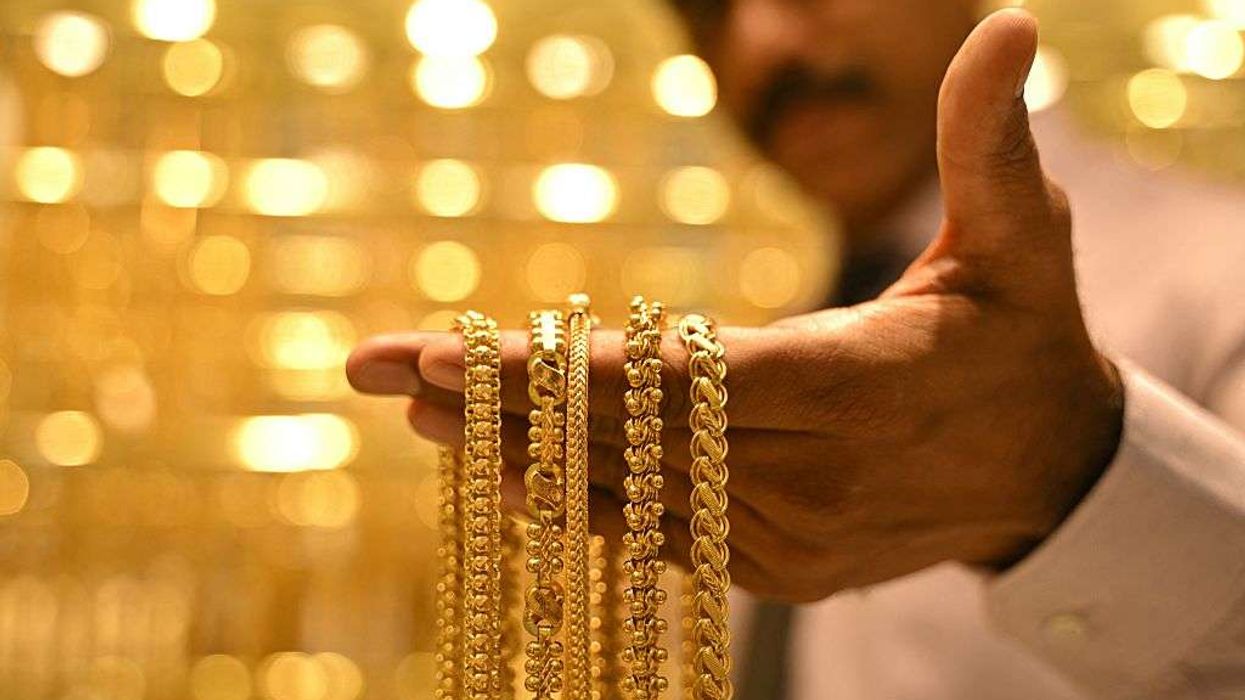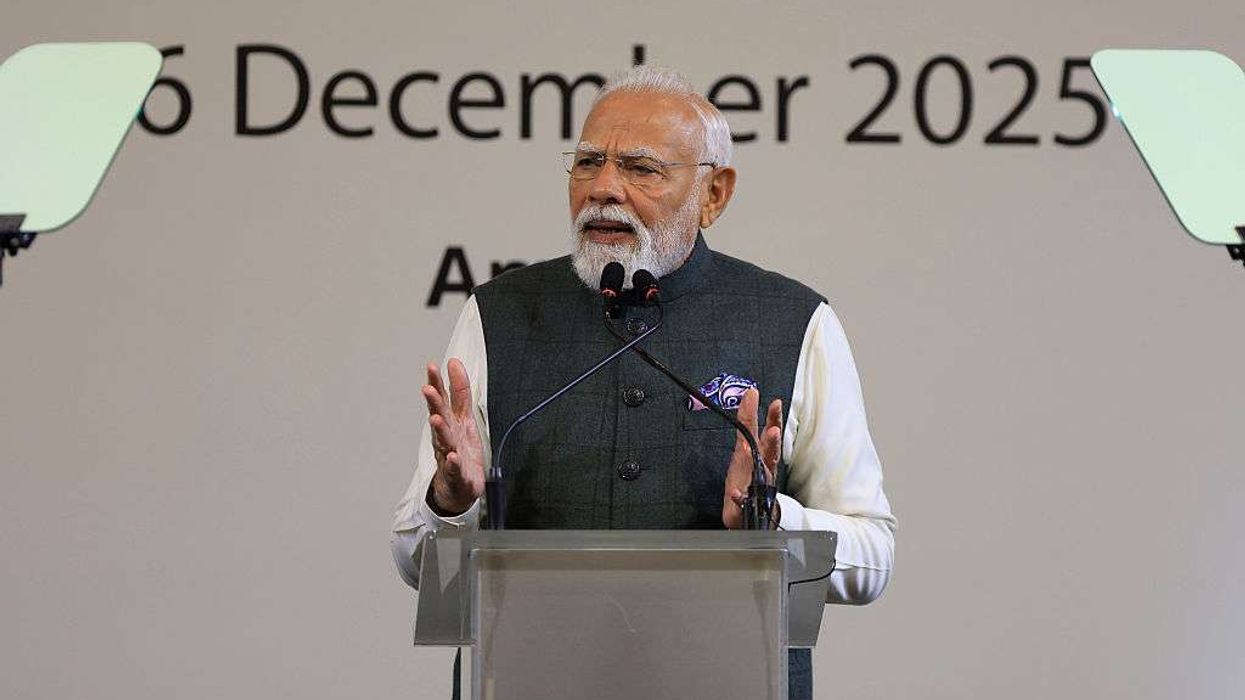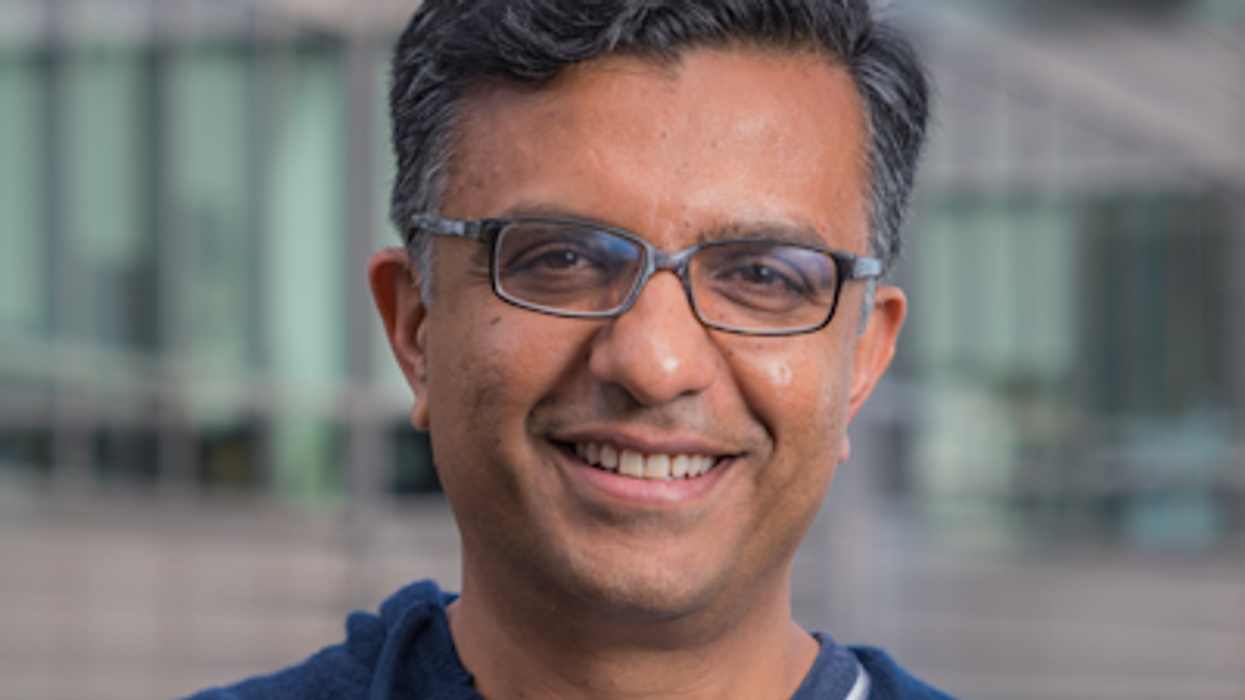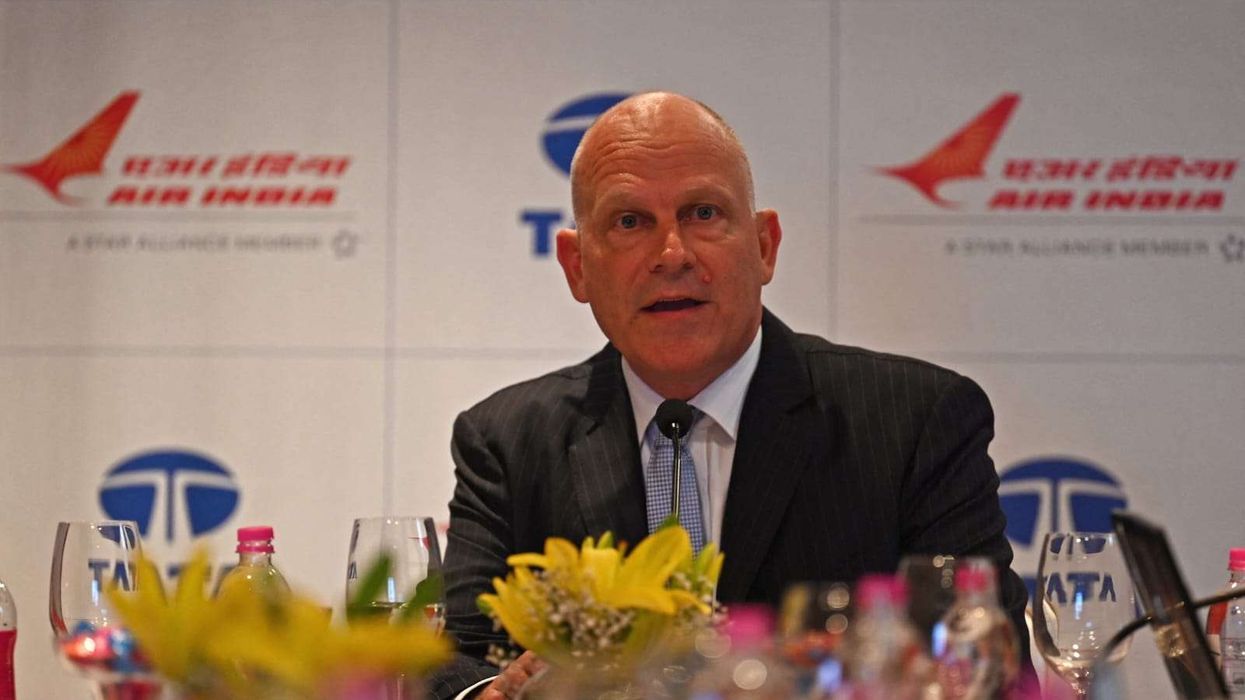THE Asian CEO of a UK-based food company with a royal warrant described the accolade as a “great sign of confidence” in its values.
Lupa Foods first received the royal warrant from Queen Elizabeth in 2001.
Originally known as Donatantonio, Lupa Foods started as a delicatessen shop in Clerkenwell, London, importing and selling ingredients from Italy.
CEO Manish Mandavia told Eastern Eye, “The royal warrant from King Charles is a great sign of confidence, recognising our company as a trusted supplier to the royal household.” With a history of 120 years, Lupa Foods now sources ingredients from more than 10 countries, including Italy, Egypt, Mexico and the Netherlands, serving approximately 150 UK customers with a diverse product range.
Mandavia said, “We’ve earned this recognition through our commitment to high-quality products, exceptional service, and strong environmental and social governance policies.
“As a company, we are at the forefront of sustainable practices, reducing plastic packaging, prioritising staff welfare, and considering our broader environmental and social impact.”
Companies granted the royal warrant – valid for up to five years – are recognised for suppling goods or services to the monarchy. Warrant holders are permitted to display the coat of arms of the associated royal on their packaging, advertising, or stationery.
Mandavia joined Lupa Foods in 2008 as finance director, tasked with driving business growth. He explained that the company specialises in sourcing high-quality ingredients from around the world for delivery in the UK.
“Despite challenges from Brexit, which significantly increased import regulations and costs, we persevered. In 2018, we purchased Compleat Food Network, a strategic move that doubled our turnover from £20 million to £40m. To streamline operations, I made crucial changes – outsourcing our warehouse and delivery fleet to third-party logistics providers, allowing us to focus on our core expertise of sourcing Mediterranean ingredients,” said Mandavia, describing the changes he brought into the business.
“We expanded our ingredient sourcing globally, moving beyond our Italian heritage to include suppliers from Spain, Holland, Germany, Poland, Egypt, Portugal and Mexico.
“This global approach transformed our business model, enabling us to offer a more diverse and comprehensive range of ingredients to our customers.”
In January, Lupa Foods was acquired by Geia Food, a Nordic food group with a combined annual turnover of £370m. The deal marked a transition in ownership for Lupa Foods, moving from being part of the ProVen VCT, owned by Beringea, to joining Geia Food, owned by PE firm Triton Partners.
Mandavia said he is very ‘excited’ about the acquisition.
“This is a chance to scale our operations and enhance our value proposition while continuing to deliver the tailored, highquality service our customers have come to expect. Together with Geia Food, we are ready to lead the way in providing innovative and sustainable food solutions for the UK market,” he said.
“The transaction promises increased funding for strategic growth, enabling Luca Foods to acquire complementary companies in food ingredients and manufacturing. By transitioning from a finance-owned to a food-company-owned structure, the business aims to leverage shared supplier networks and launch new product categories in the UK market.”
Mandavia is a chartered accountant who began his career in E&Y. The Asian boss, who became the CEO of Lupa Foods in 2023, describes his leadership style as collaborative, prioritising staff empowerment through minimal micromanagement.
“My approach gives employees the freedom to make their own decisions and provides them with the space to perform. I like to maintain regular communication and receive updates, but largely, I believe in letting my team do their jobs effectively, intervening only when necessary to stay informed about their progress,” he said.
This philosophy helped create a diverse workplace, with employees from various backgrounds including Indian, Pakistani, Ghanaian, and Italian heritage, he said.
As a B2B company serving around 150 customers, Lupa Foods continues to adapt to changing business landscapes, he said.
On advice for aspiring Asian business leaders, the CEO said described the UK as a fantastic country, and said it operates as a meritocracy.
“Here, you’re judged on your ability and the person you are, rather than the colour of your skin or background. Make sure you work hard, stay focused on achieving results, and you’ll succeed. This is a wonderful place for people of colour to thrive.”
Mandavia said the company is focusing on sourcing ingredients from more diverse countries and categories.
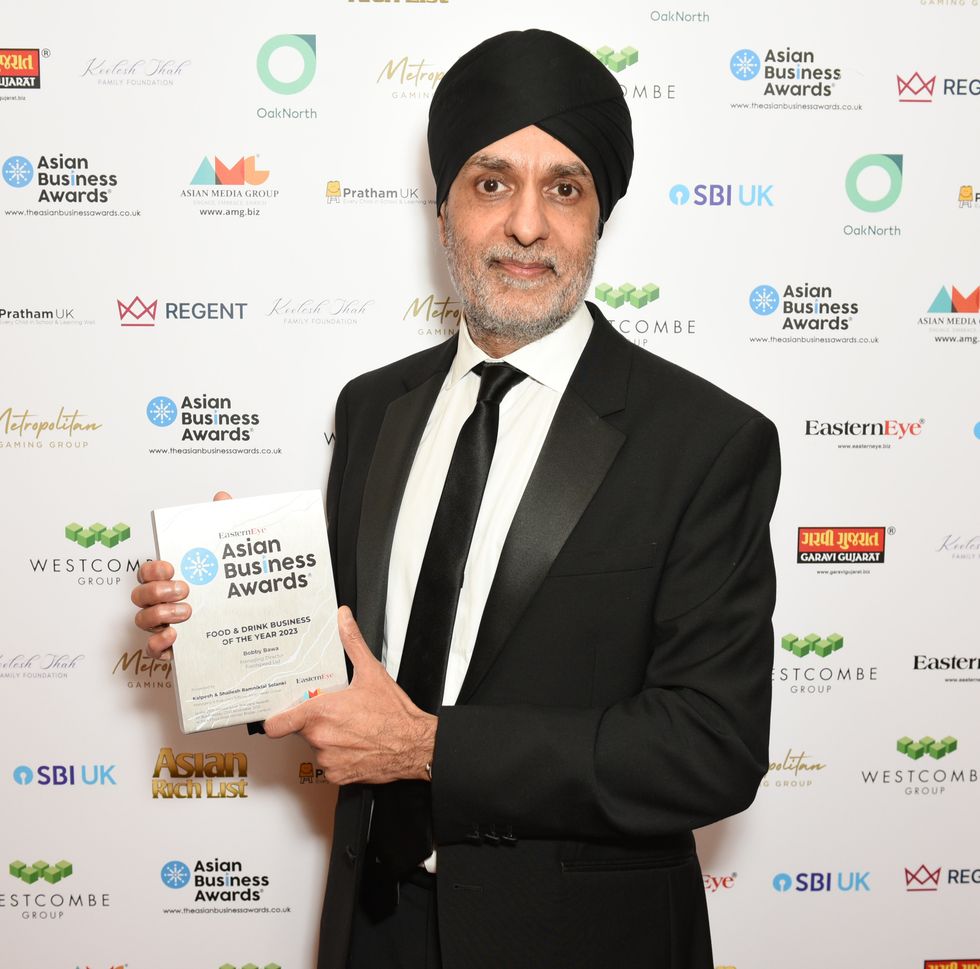
“For instance, we’re looking at India as a potential source. If necessary, we may send someone on the ground to act as an agent or local market expert. Besides India, we’re also considering China and potentially South America as part of our sourcing plans,” he said.
Lupa Foods, which falls into the small to medium enterprise category, outsources several functions, such as HR, IT, logistics, and warehousing, which allows it to focus on sourcing high-quality ingredients and providing service to customers.
Another Asian-led company which received the royal warrant was Foodspeed. It has been serving the royal household for over 15 years and previously held a royal warrant from Queen Elizabeth since 2012.
Bobby Bawa, CEO of Foodspeed, expressed pride and honour in receiving the recognition. Foodspeed is a major supplier to the hotel, restaurant, and catering industry in London, providing milk, dairy products, and ingredients to over 500 clients.


